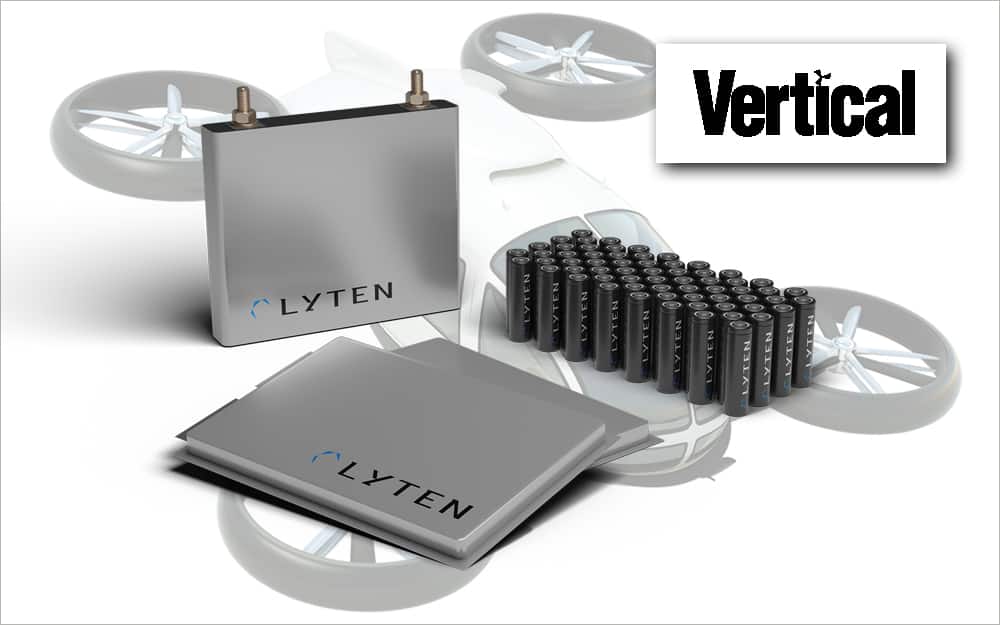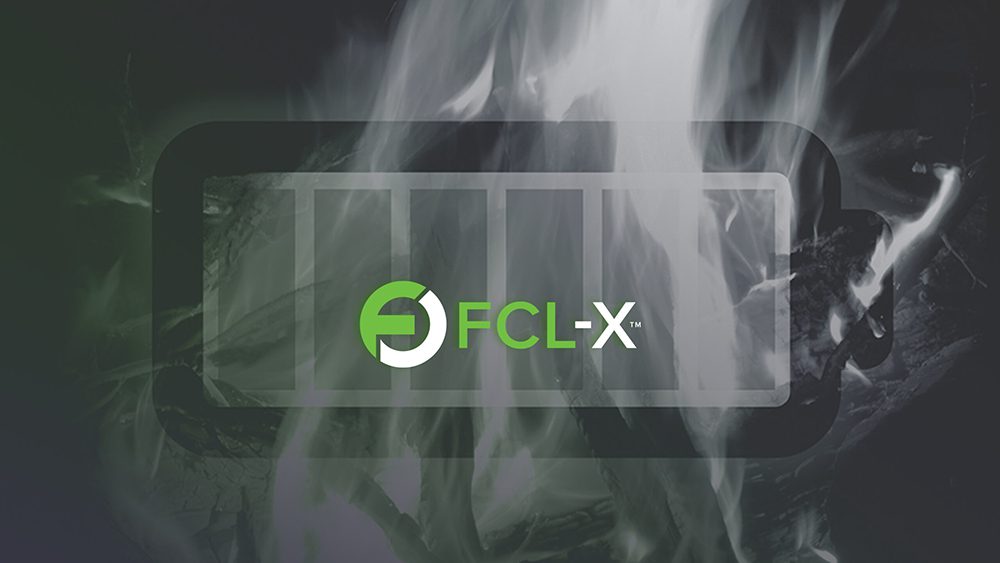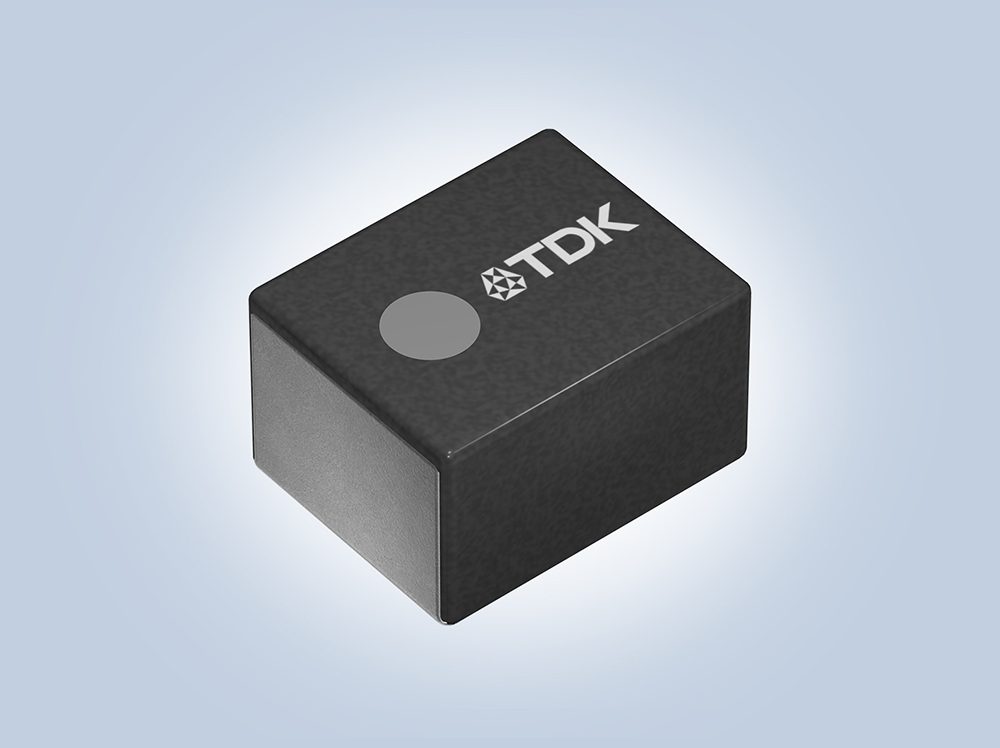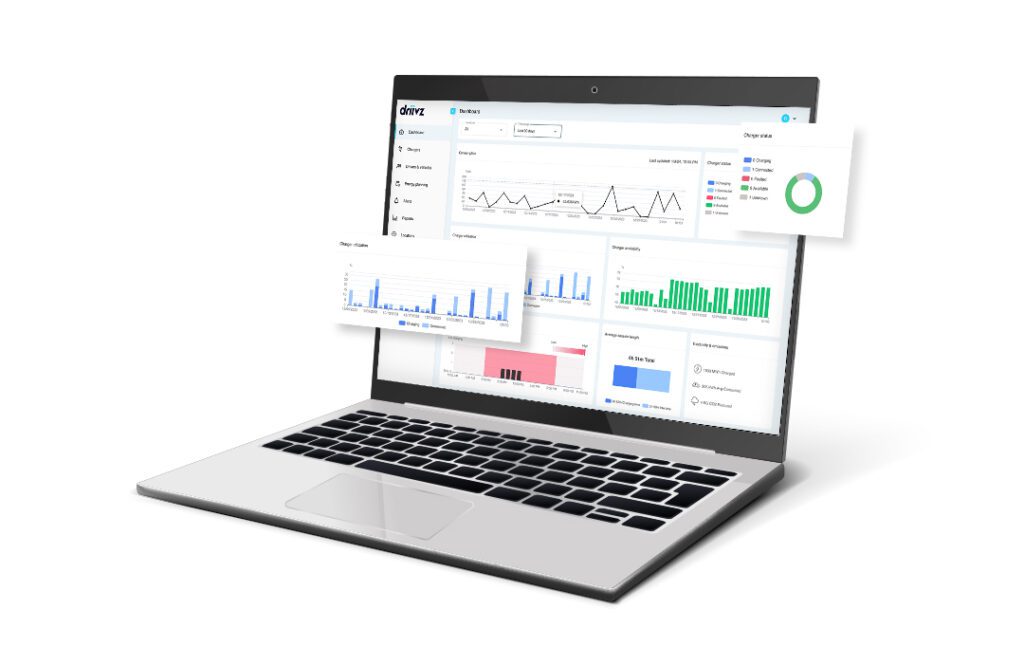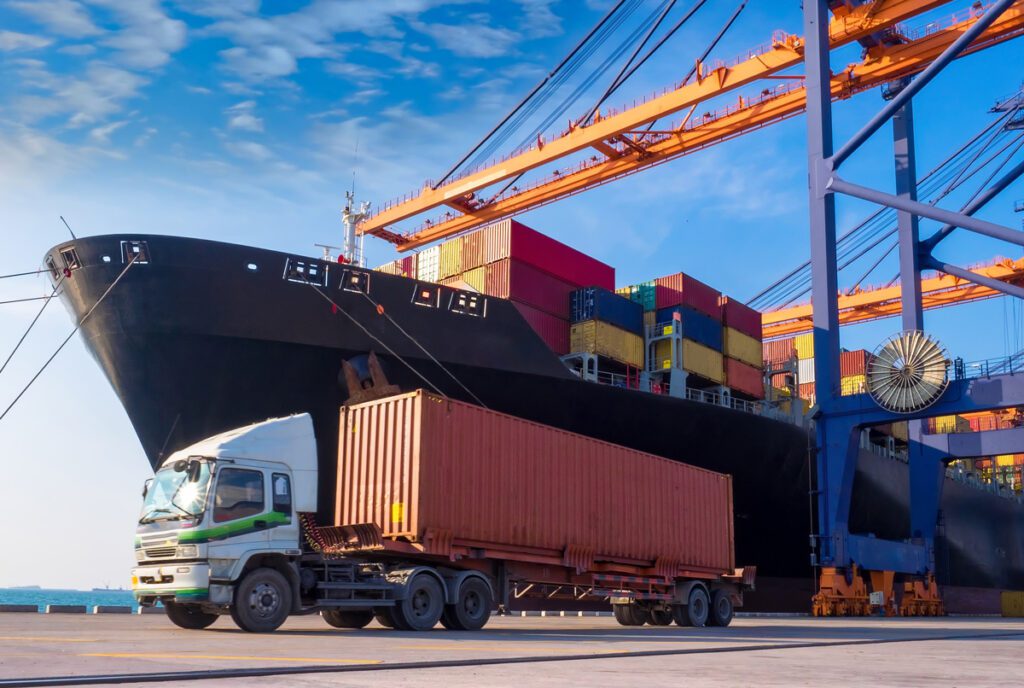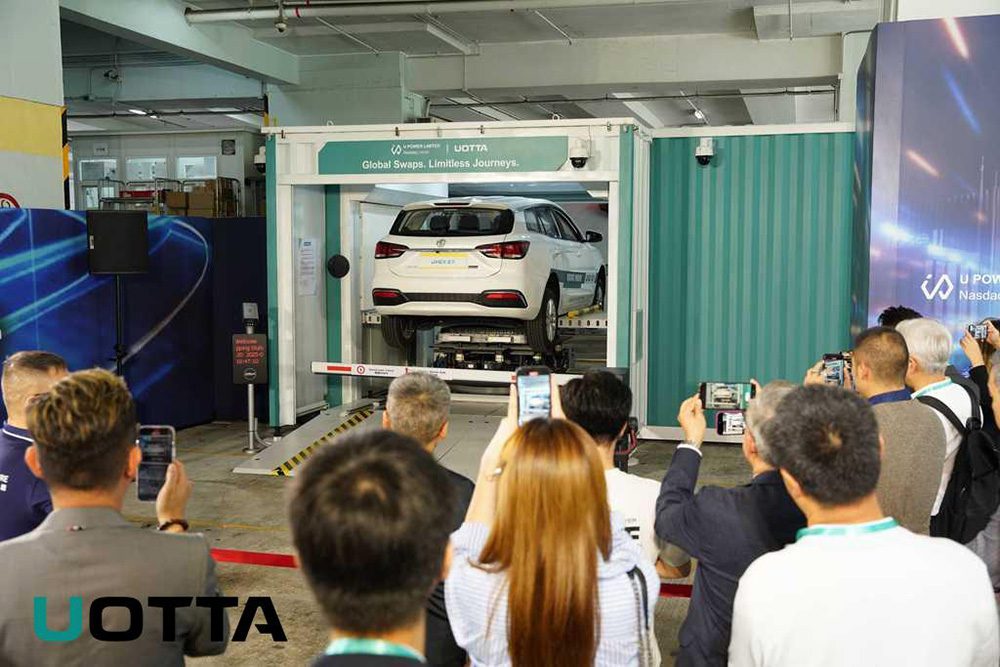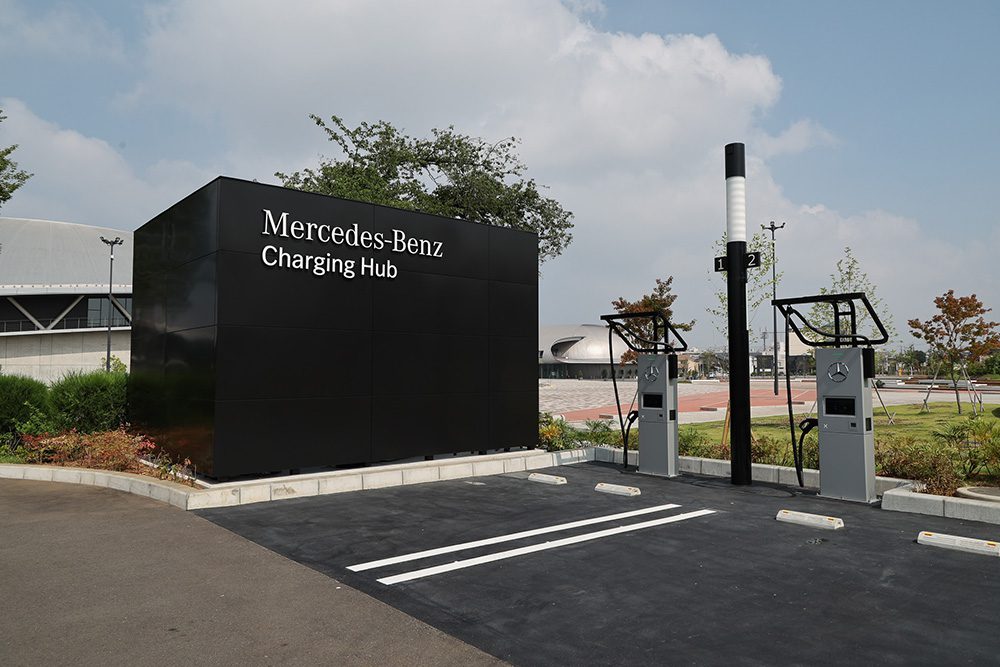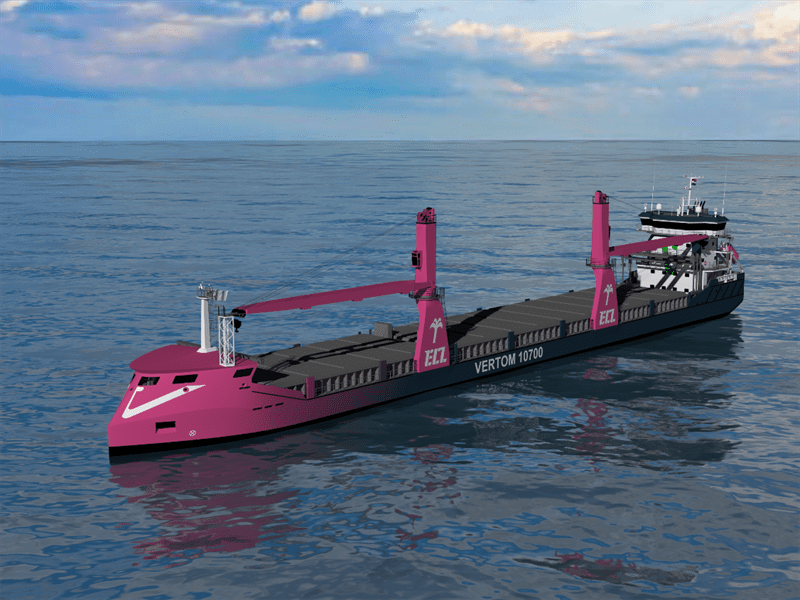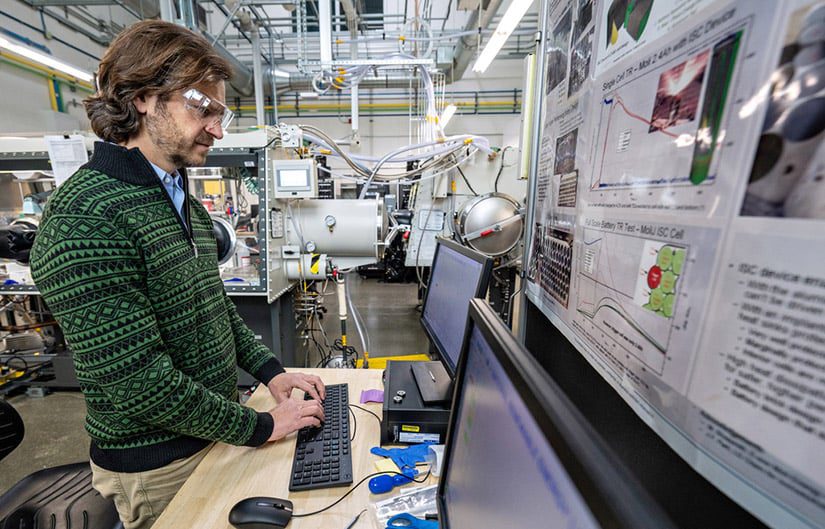Battery material supplier Lyten has commissioned a lithium-sulfur battery pilot line with a capacity of 200,000 cells per year at its facility in Silicon Valley. It will begin delivering commercial battery cells to early-adopting customers within the defense, automotive, logistics and satellite sectors in 2023.
The Lyten battery pilot line will produce lithium-sulfur cells in a range of pouch and cylindrical form factors to support a variety of customer requirements. It will allow Lyten to further develop manufacturing equipment capabilities for scaled lithium-sulfur cell production. The company says the pilot line will deliver cells that exceed conventional nickel-cobalt-manganese (NCM) lithium-ion battery gravimetric energy densities.
To meet the expected demand for lithium-sulfur batteries, Lyten is exploring possibilities in multiple US states to expand its 3D graphene production capacity and build its first lithium-sulfur cell gigafactory. Additionally, Lyten is securing domestic supply for its NMC-free battery materials, including sulfur and lithium.
“A projected 50% lower cost bill of materials compared to conventional lithium-ion chemistries will enable significantly lower-cost automotive battery packs, making an EV fleet economically achievable,” said Celina Mikolajczak, Lyten’s Chief Battery Technical Officer. “The high energy density of the chemistry will make it appealing for application in heavy vehicles such as delivery vans, trucks, buses and construction equipment, as well as in aviation and satellites.”
Source: Lyten







